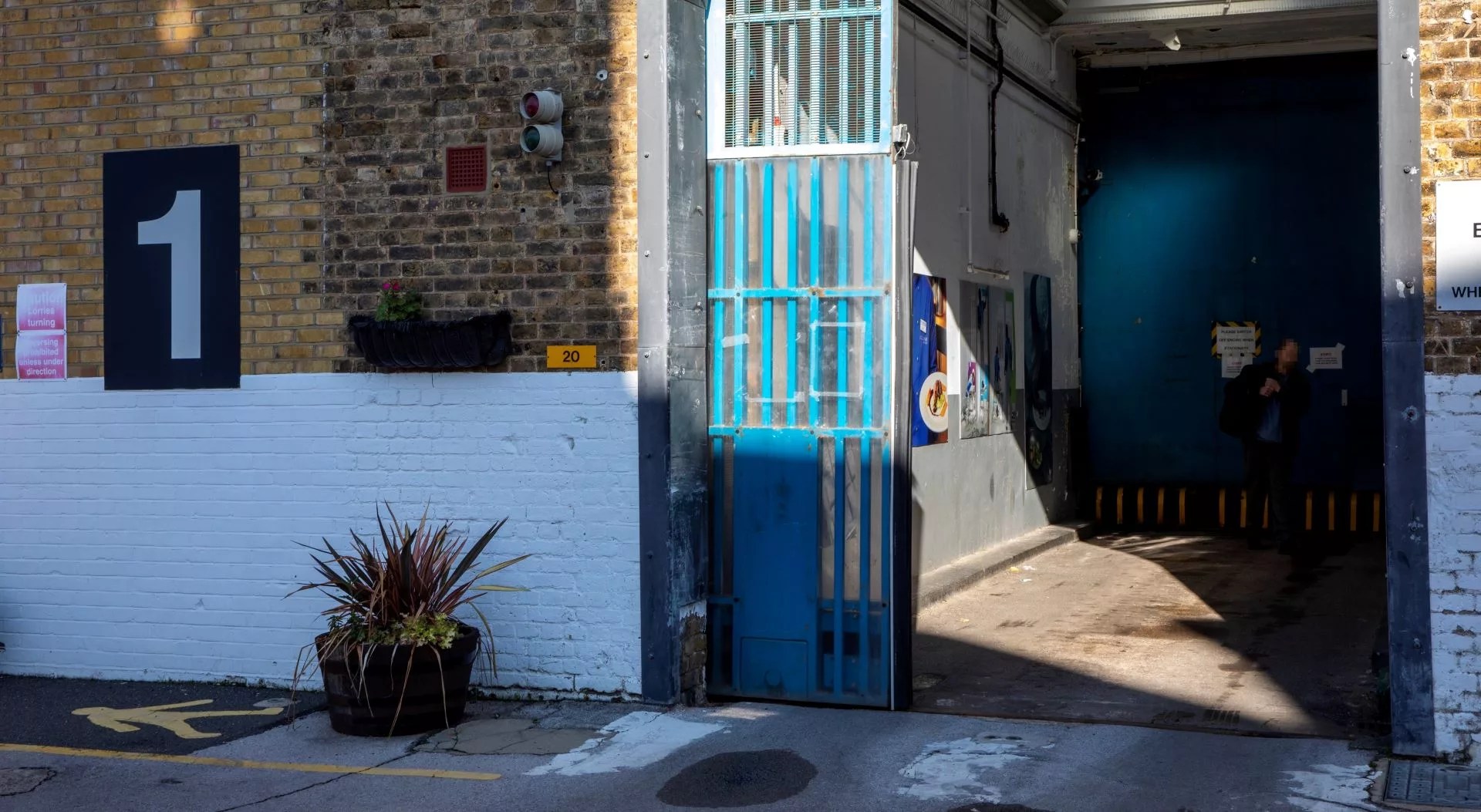Doing What Really Matters (DWRM), a social enterprise that works with universities to offer degree courses to facilitate prisoner rehabilitation, has received £150,000 in funding.
The Growth Impact Fund, a social impact investment fund developed by Big Issue Invest (BIIFM) and UnLtd has provided the backing in order for the organisation to increase the number of students in prison accessing Further and Higher Education to 25% of the prison population within 10 years – an increase of 20,000 students.
It is well-documented that both prisoners and prison leavers have limited access to educational resources and opportunities, and DWRM works with universities and employers to help them reintegrate into society.
DWRM’s Co-Founder Dan Whyte established the company after leaving prison in April 2021 with his co-founder, Ruth McFarlane, an educator and practitioner in the prison education field, Dan achieved undergraduate and postgraduate degrees while in prison and is now studying for a PhD in criminology at the University of Westminster. DWRM is a meaningful way to invest in the long-term structural and institutional challenges faced by prisoners and prison leavers.
Dan Whyte said “I have had to overcome significant obstacles to achieve my place within the academic community, and I now use this alongside my extensive lived experience to work towards effective systems change within the Criminal Justice System. This is evidenced by what we have been able to accomplish at DWRM within our first 3 years – changes in policy, contributing to prison staff training and raising aspirations of the prison population. This paves the way for all those who are following behind me and demonstrates how an authentic voice can affect real change.”
Research by the Ministry of Justice 2019 highlighted that people who had participated in education whilst in prison were significantly less likely to reoffend within 12 months of release than those who had not by 7.5% points i.e. a reoffending rate of 32.6% from a baseline one-year reoffending rate of 40.1% but despite this the number of prisoners participating in a course equivalent to AS-levels or above showed a 90% decrease compared to the 2010/11 academic year.









